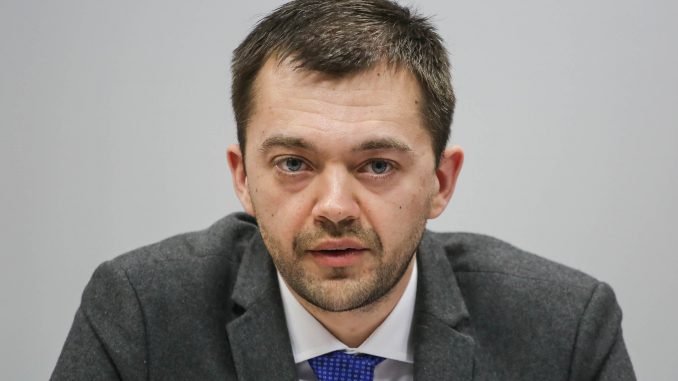
Jurkonis, who spoke to LRT Radio, said that he believes migration will change based not on agreements, but on the implementation of those agreements. He also said that the EU no longer has the luxury of internal disagreements.
– European Council President Donald Tusk says that the days of illegal migration into Europe are over. Is this really true?
– It’s a bold statement. I think that the agreement with Turkey is a positive thing, but its practical implementation is truly a big question mark. Regardless, even if, let’s say, most of its points are implemented, I’m not sure you could say that illegal migration has been stopped and that it is a thing of the past.
– Turkey is seeking EU membership. Could the refugee negotiations give Turkey additional weight?
– On Turkey’s part, we heard more bold statements and demands regarding the EU’s financial obligations and opportunities for Turks to move freely, but I think that the prospect of membership is an especially distant question, especially considering the internal and external challenges that the EU currently faces.
– Turkey is also looking for a visa-free agreement with the EU beginning in June. Wouldn’t this encourage an even greater flood of migrants into the EU?
– This is indeed related. The main question is – what sort of control mechanisms should we, as the EU, implement regarding movement from Turkey? I think that visa-free movement would definitely be another delicate issue, especially considering its practical implementation – the filtering out of illegal migrants and the implementation of the preliminary agreements that were reached in the recent talks.
– The positions of EU member states vary. Is it possible to reach an agreement acceptable for all by next week as promised?
– The EU states don’t really have the luxury of failing to agree, because the problem’s solution has already been delayed as it is. The longer we delay, the worse the problem will get. I think that even those states that have firm anti-migrant and anti-refugee stances will still have to accept a compromise and some of the obligations, because this is a challenge not just for Brussels, but for every individual state as well.

Be the first to comment